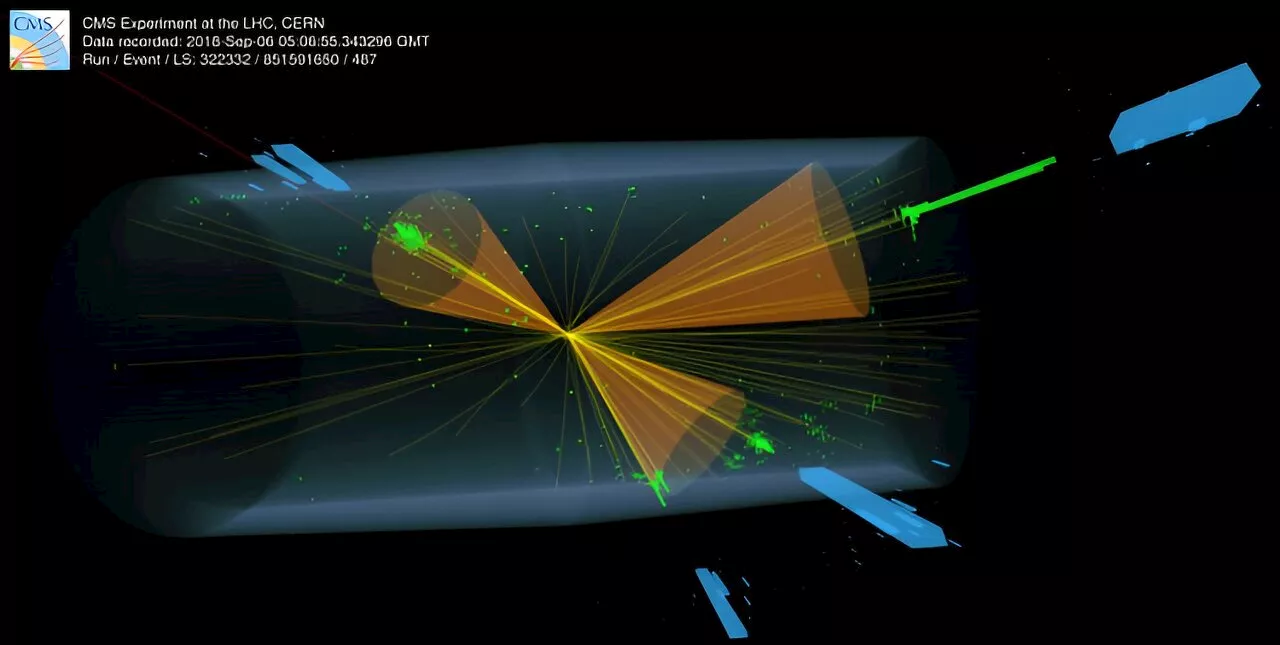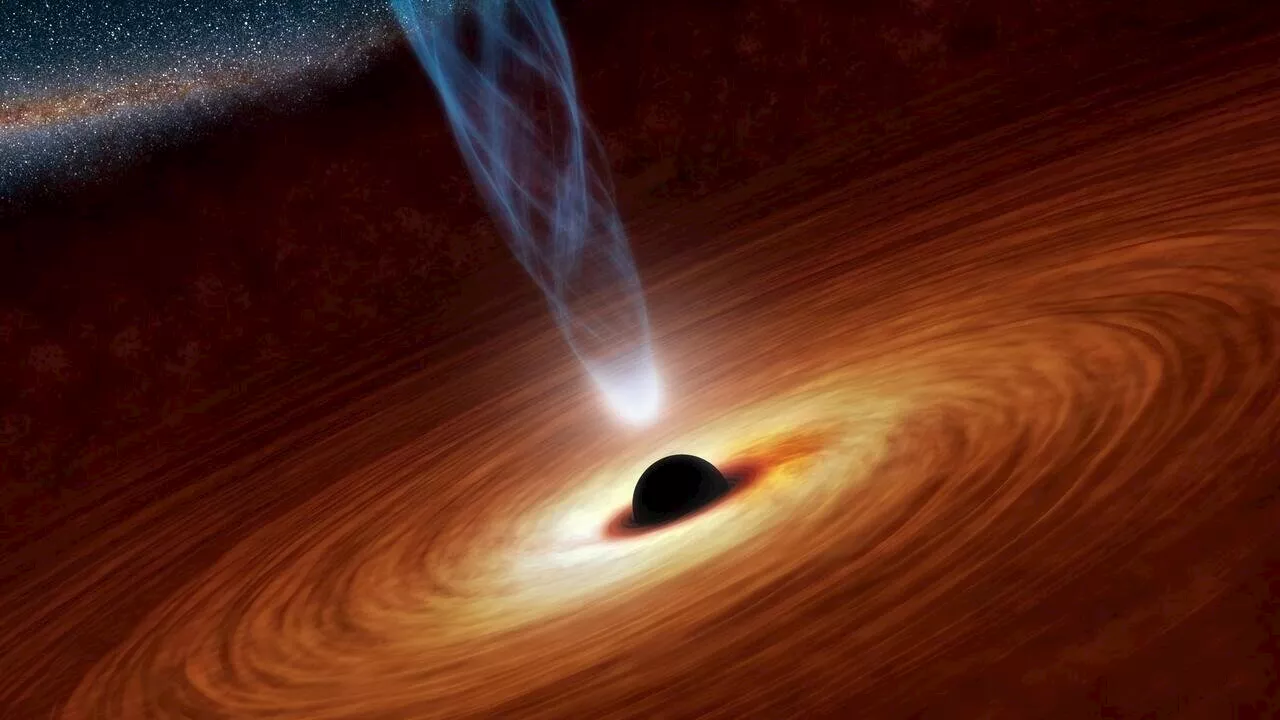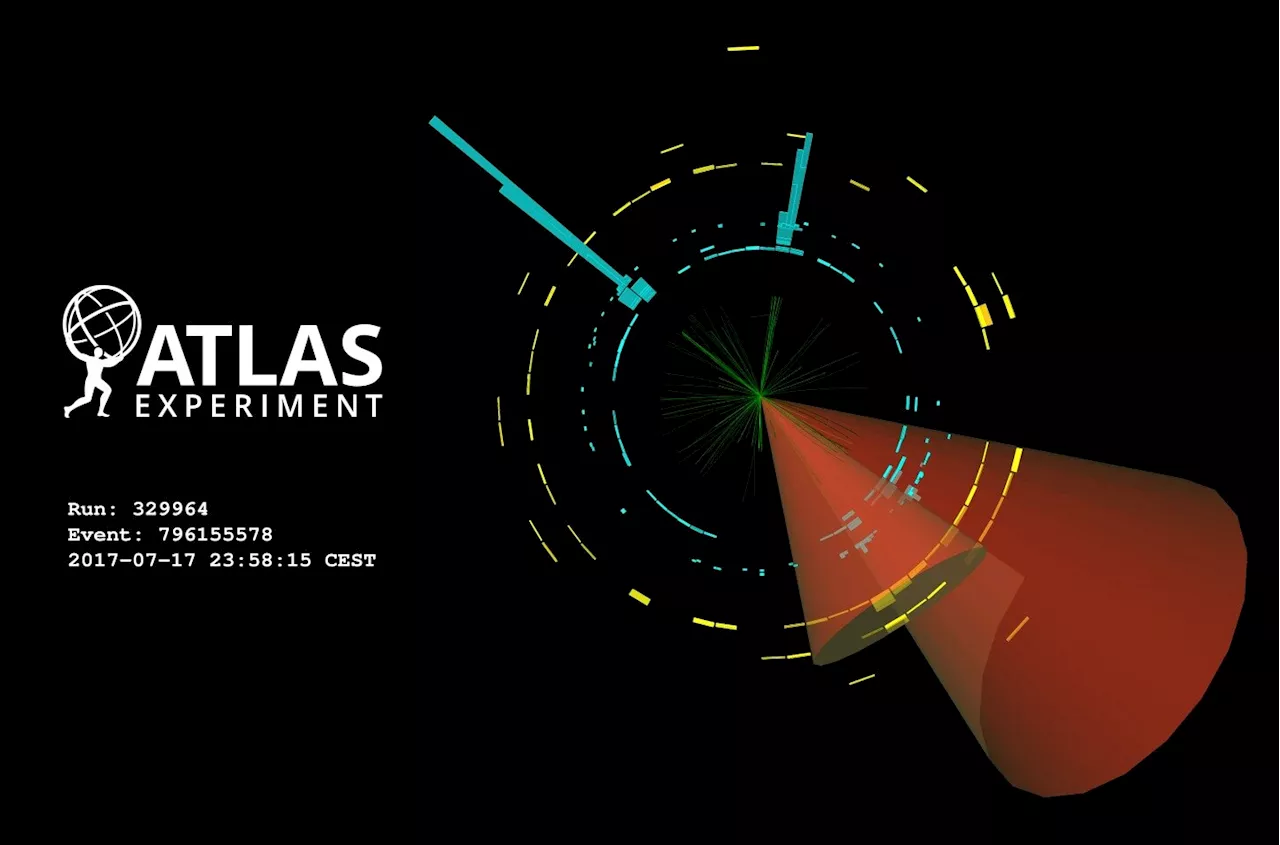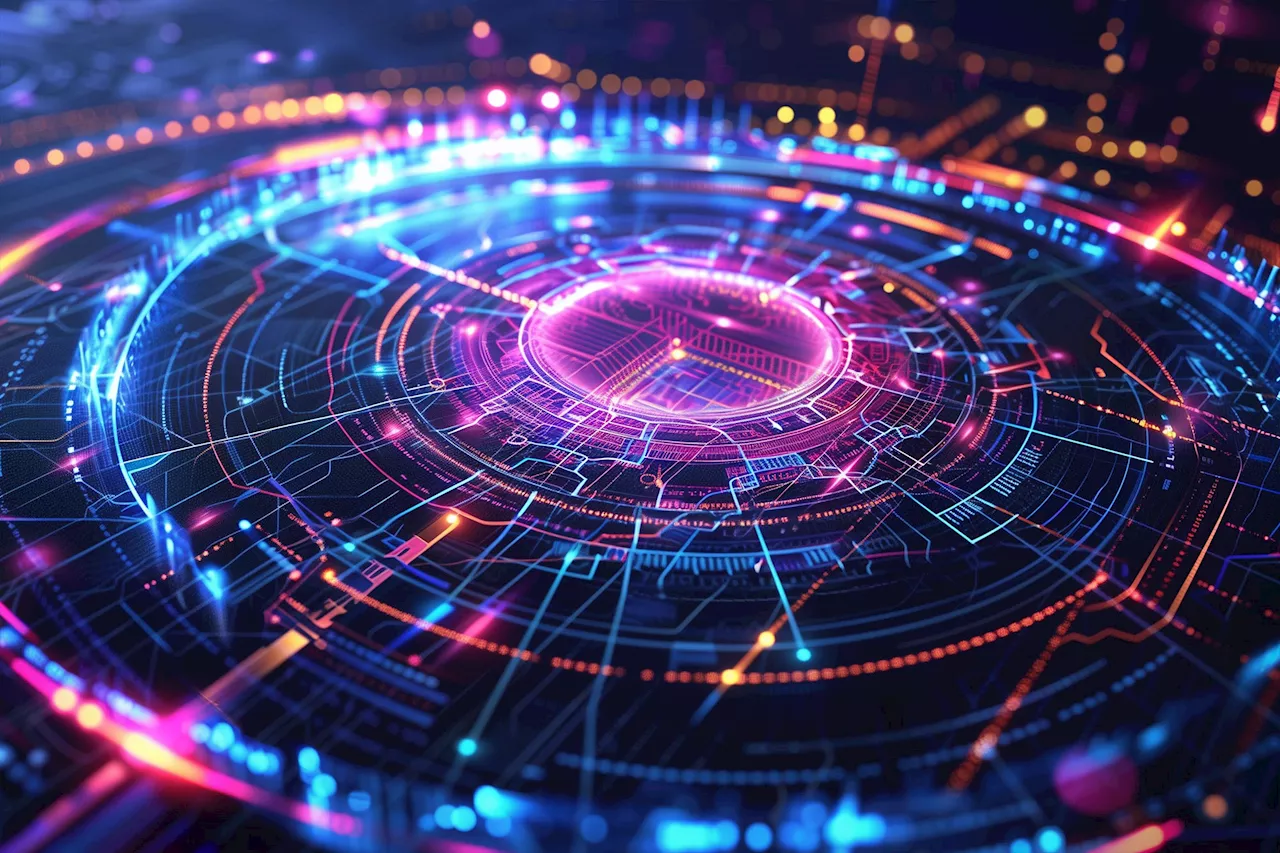Physicists have developed a computer program incorporating machine learning that could help identify blobs of plasma in outer space known as plasmoids. In a novel twist, the program has been trained using simulated data.
In an ongoing game of cosmic hide and seek, scientists have a new tool that may give them an edge. Physicists at the U.S. Department of Energy's Princeton Plasma Physics Laboratory have developed a computer program incorporating machine learning that could help identify blobs of plasma in outer space known as plasmoids. In a novel twist, the program has been trained using simulated data.
"As far as we know, this is the first time that anyone has used artificial intelligence trained on simulated data to look for plasmoids," said Kendra Bergstedt, a graduate student in the Princeton Program in Plasma Physics, which is based at PPPL. Bergstedt was the first author of the paper reporting the results in Earth and Space Science. The work pairs the Lab's growing expertise in computational sciences with its long history of exploring magnetic reconnection.
The use of machine learning will only become more common in astrophysics research, according to the scientists."It could particularly be helpful when making extrapolations from small numbers of measurements, as we sometimes do when studying reconnection," said Ji."And the best way to learn how to use a new tool is to actually use it. We don't want to stand on the sidelines and miss an opportunity.
As Bergstedt and Ji improve the plasmoid-detecting program, they hope to take two significant steps. The first is performing a procedure known as domain adaptation, which will help the program analyze datasets that it has never encountered before. The second step involves using the program to analyze data from the MMS spacecraft."The methodology we demonstrated is mostly a proof of concept since we haven't aggressively optimized it," Bergstedt said.
Solar Flare Space Exploration Physics Energy Technology Energy Policy Computer Modeling Hacking Encryption
United Kingdom Latest News, United Kingdom Headlines
Similar News:You can also read news stories similar to this one that we have collected from other news sources.
 Physicists use machine learning techniques to search for exotic-looking collisions that could indicate new physicsOne of the main goals of the LHC experiments is to look for signs of new particles, which could explain many of the unsolved mysteries in physics. Often, searches for new physics are designed to look for one specific type of new particle at a time, using theoretical predictions as a guide.
Physicists use machine learning techniques to search for exotic-looking collisions that could indicate new physicsOne of the main goals of the LHC experiments is to look for signs of new particles, which could explain many of the unsolved mysteries in physics. Often, searches for new physics are designed to look for one specific type of new particle at a time, using theoretical predictions as a guide.
Read more »
 The Wayback Machine, a time machine for the webBecause the web is ephemeral, the Internet Archive's Wayback Machine has made backups of websites continually since 1996, with nearly 900 billion pages preserved. But making books and music freely available has led to lawsuits by publishers and the music industry.
The Wayback Machine, a time machine for the webBecause the web is ephemeral, the Internet Archive's Wayback Machine has made backups of websites continually since 1996, with nearly 900 billion pages preserved. But making books and music freely available has led to lawsuits by publishers and the music industry.
Read more »
 Quantum effects forbid the formation of black holes from high concentrations of intense light, say physicistsFor the last seven decades, astrophysicists have theorized the existence of 'kugelblitze,' black holes caused by extremely high concentrations of light.
Quantum effects forbid the formation of black holes from high concentrations of intense light, say physicistsFor the last seven decades, astrophysicists have theorized the existence of 'kugelblitze,' black holes caused by extremely high concentrations of light.
Read more »
 Physicists combine multiple Higgs boson pair studies and discover clues about the stability of the universeRemember how difficult it was to find one Higgs boson? Try finding two at the same place at the same time. Known as di-Higgs production, this fascinating process can tell scientists about the Higgs boson self-interaction.
Physicists combine multiple Higgs boson pair studies and discover clues about the stability of the universeRemember how difficult it was to find one Higgs boson? Try finding two at the same place at the same time. Known as di-Higgs production, this fascinating process can tell scientists about the Higgs boson self-interaction.
Read more »
 Physicists propose time crystal-based circuit board to reduce quantum computing errorsA trio of physicists, two with Uniwersytet Jagiello&324;ski in Poland and one with Swinburne University of Technology in Australia, are proposing the use of temporal printed circuit boards made using time crystals as a way to solve error problems on quantum computers.
Physicists propose time crystal-based circuit board to reduce quantum computing errorsA trio of physicists, two with Uniwersytet Jagiello&324;ski in Poland and one with Swinburne University of Technology in Australia, are proposing the use of temporal printed circuit boards made using time crystals as a way to solve error problems on quantum computers.
Read more »
 Physicists Uncover New Path to Quantum Computing: Infrared IlluminationScience, Space and Technology News 2024
Physicists Uncover New Path to Quantum Computing: Infrared IlluminationScience, Space and Technology News 2024
Read more »
